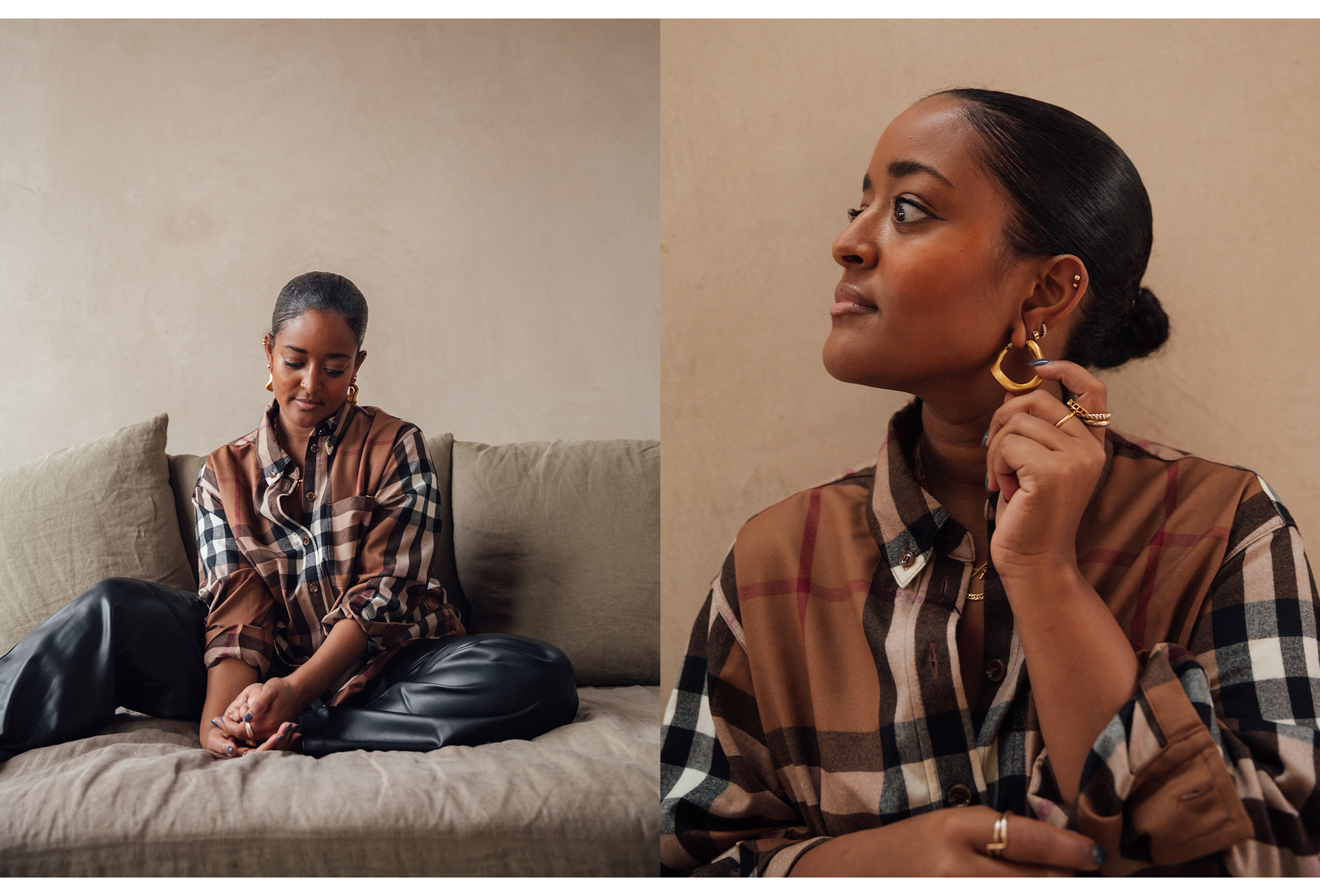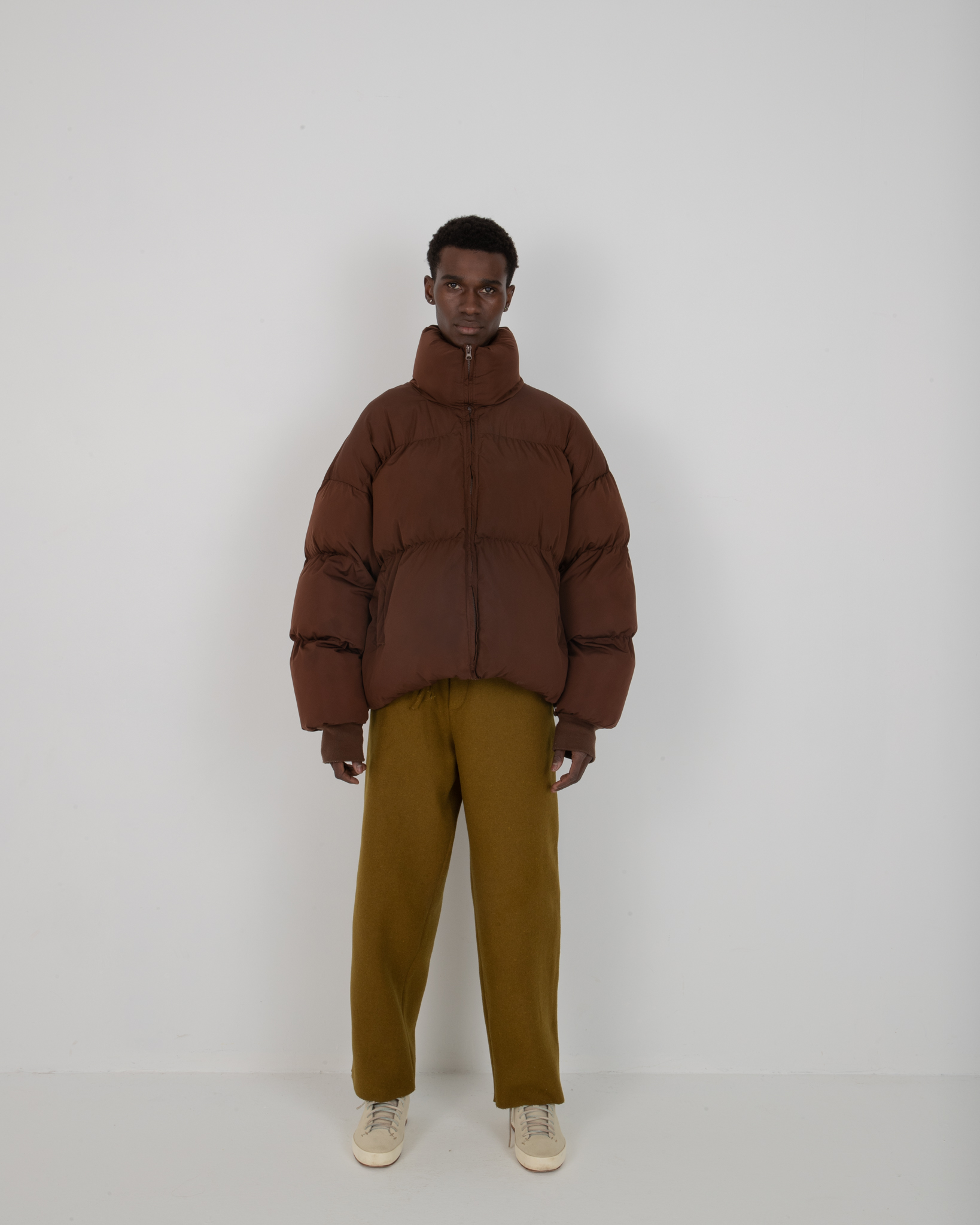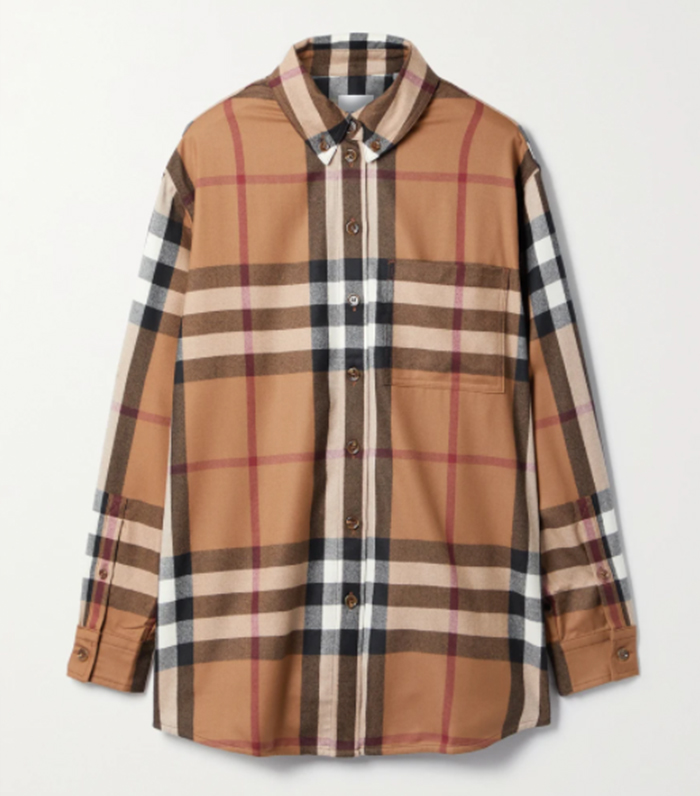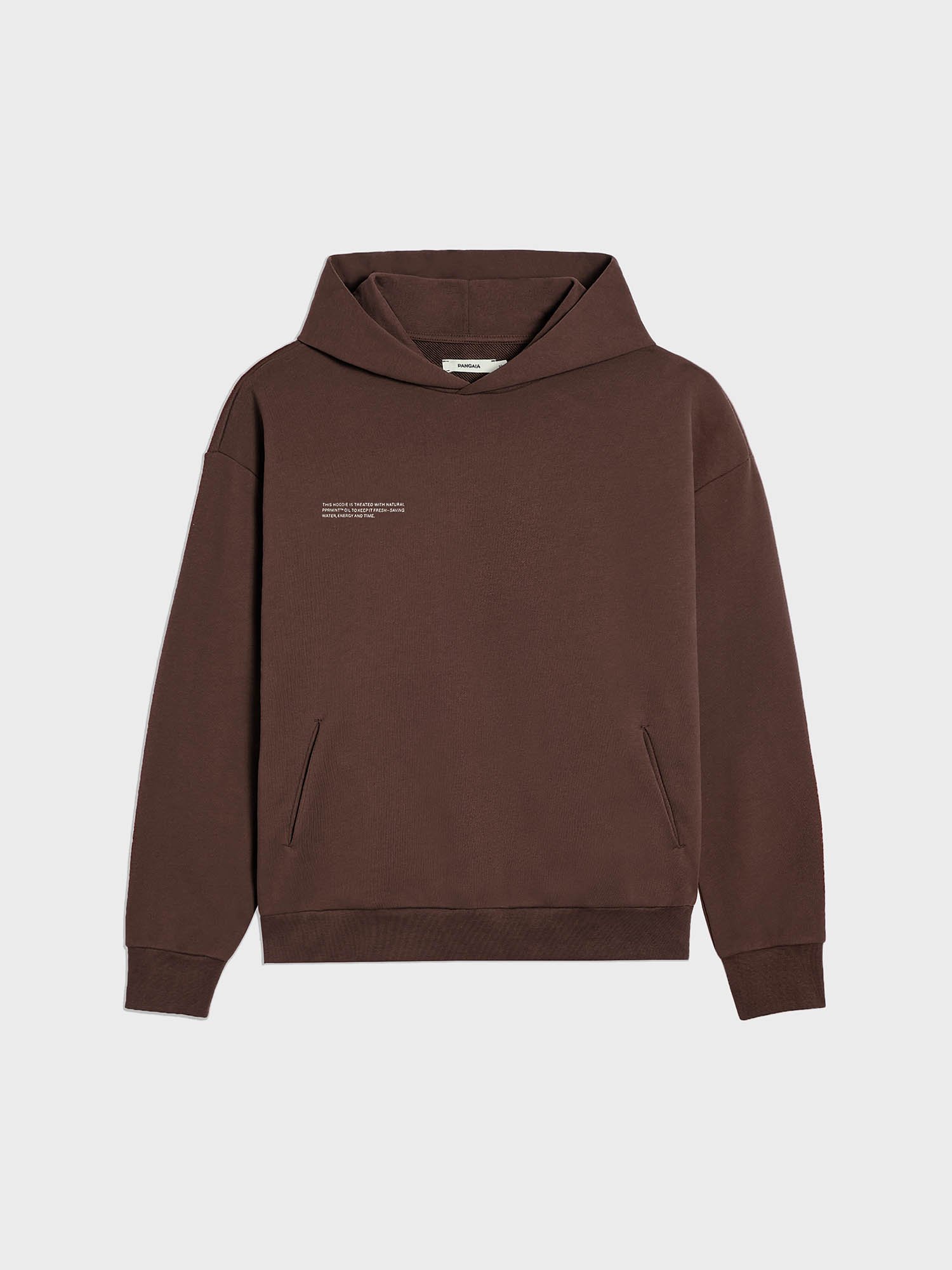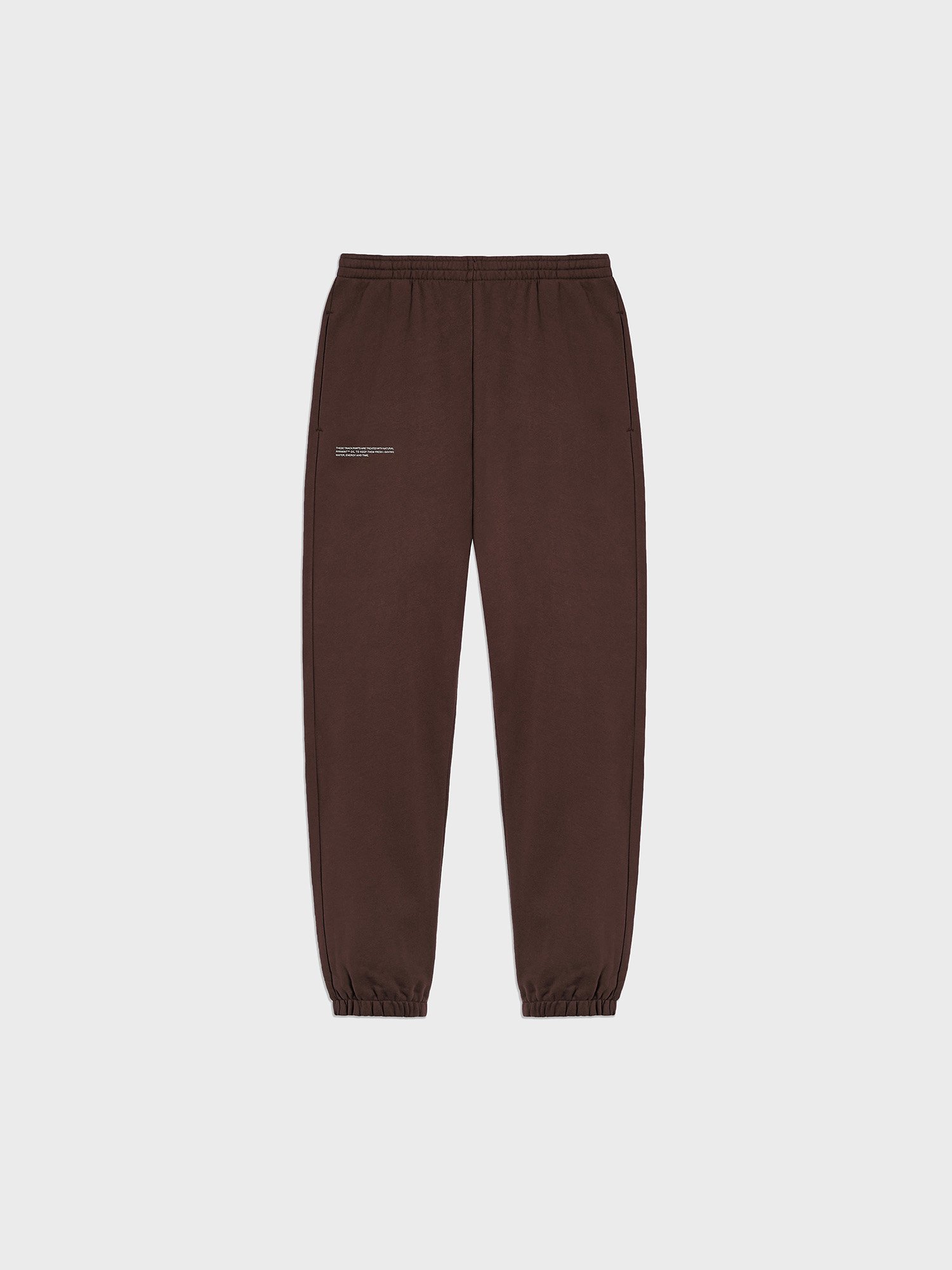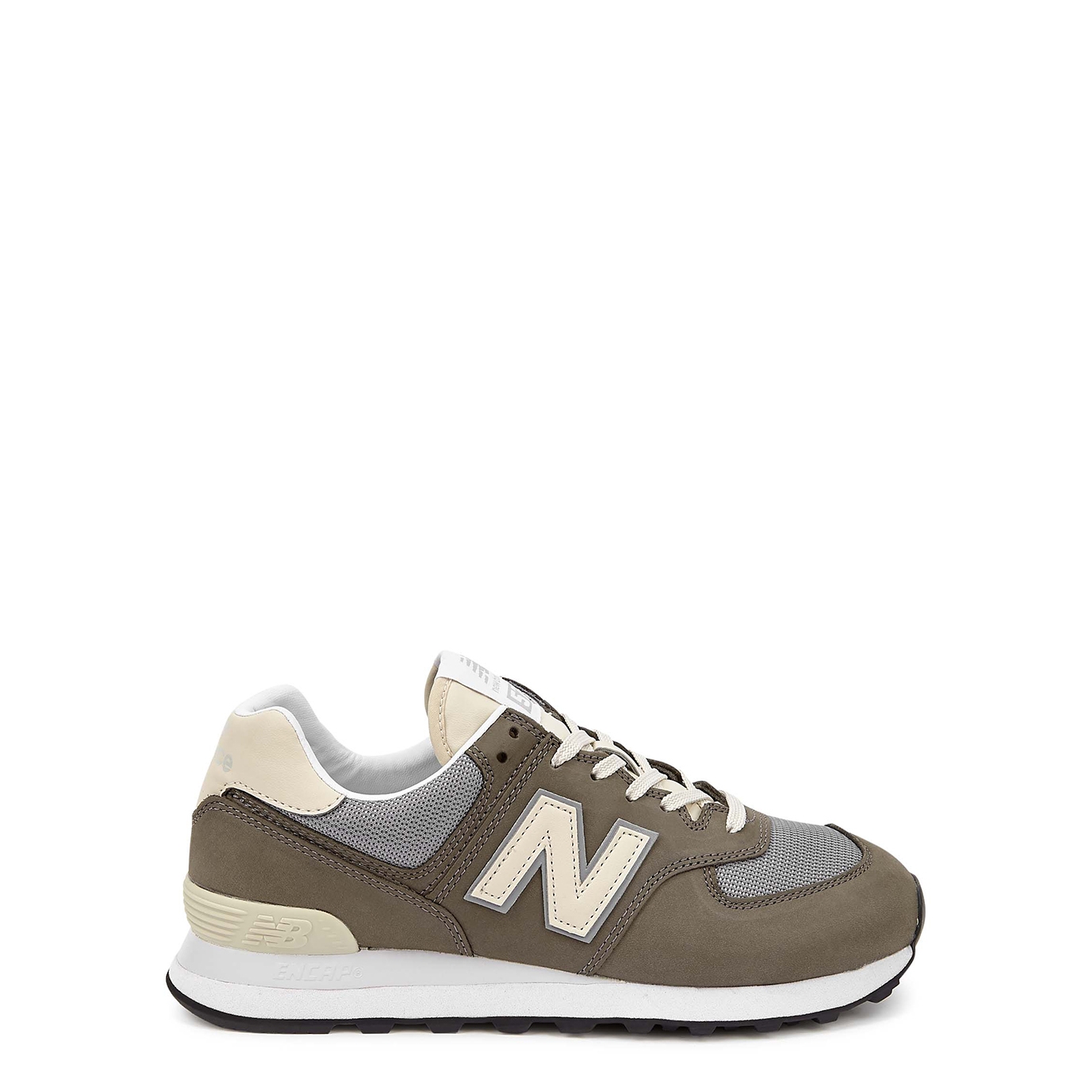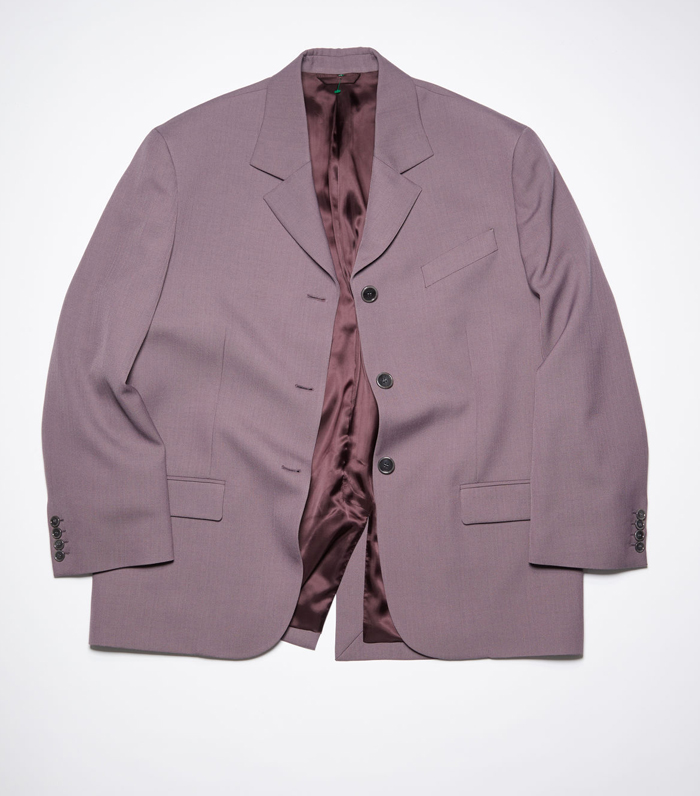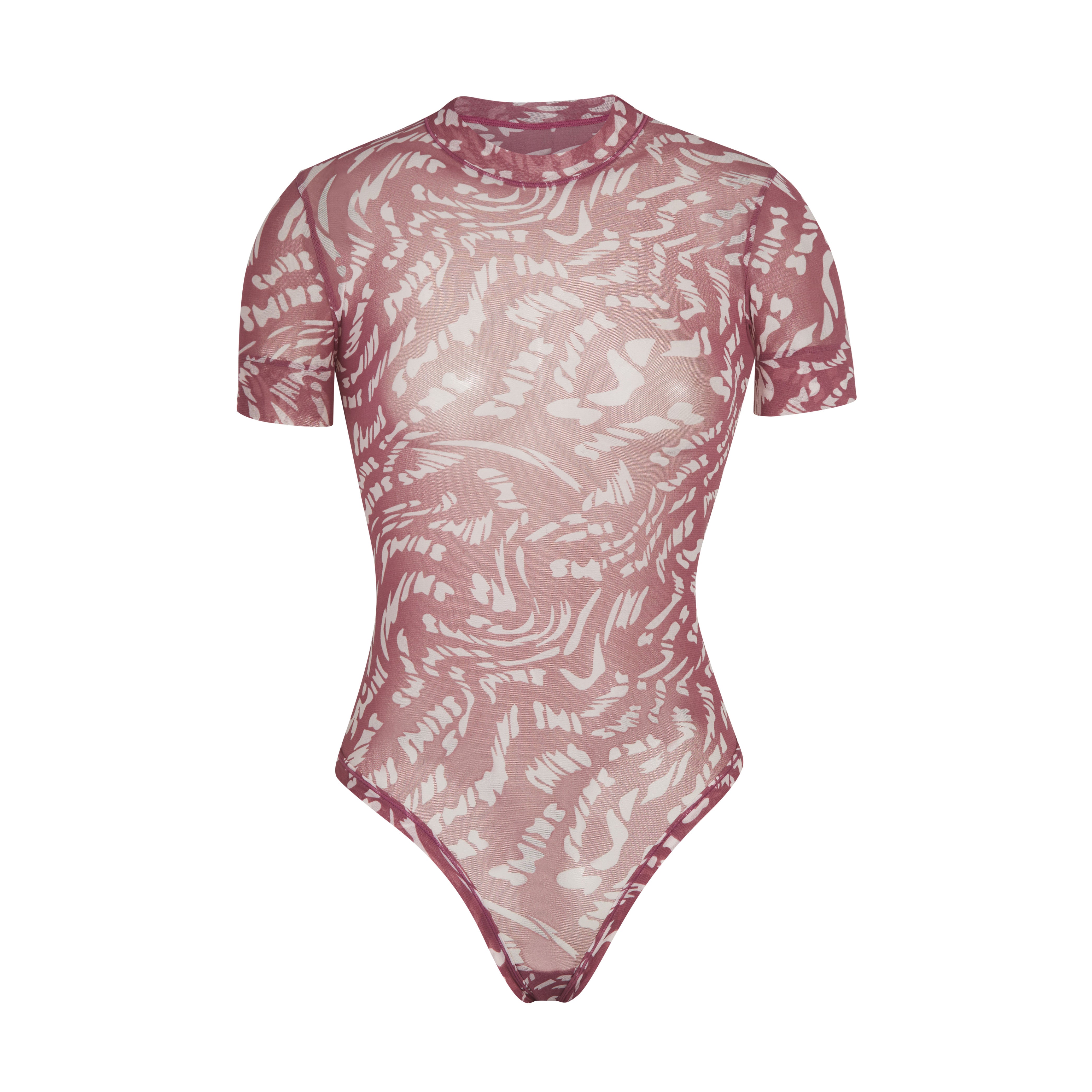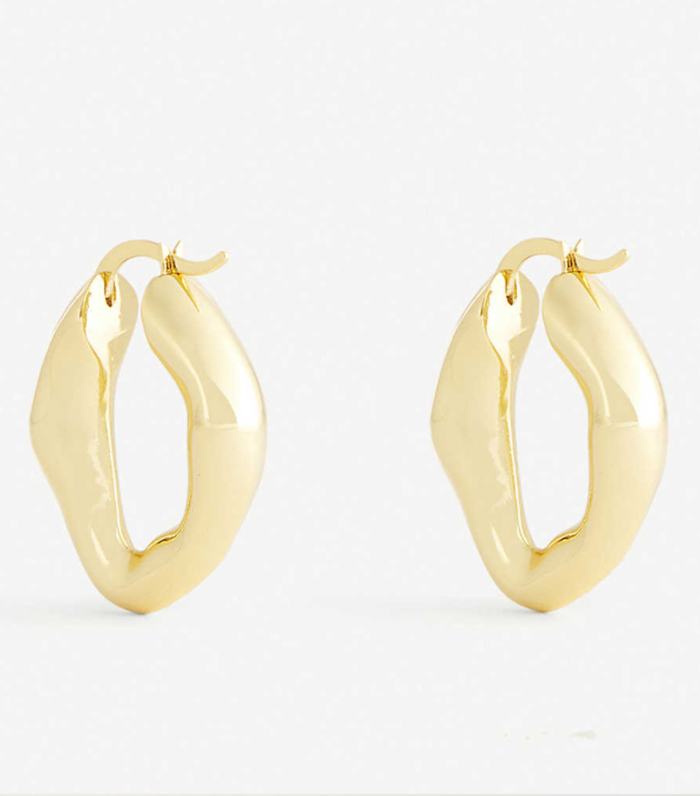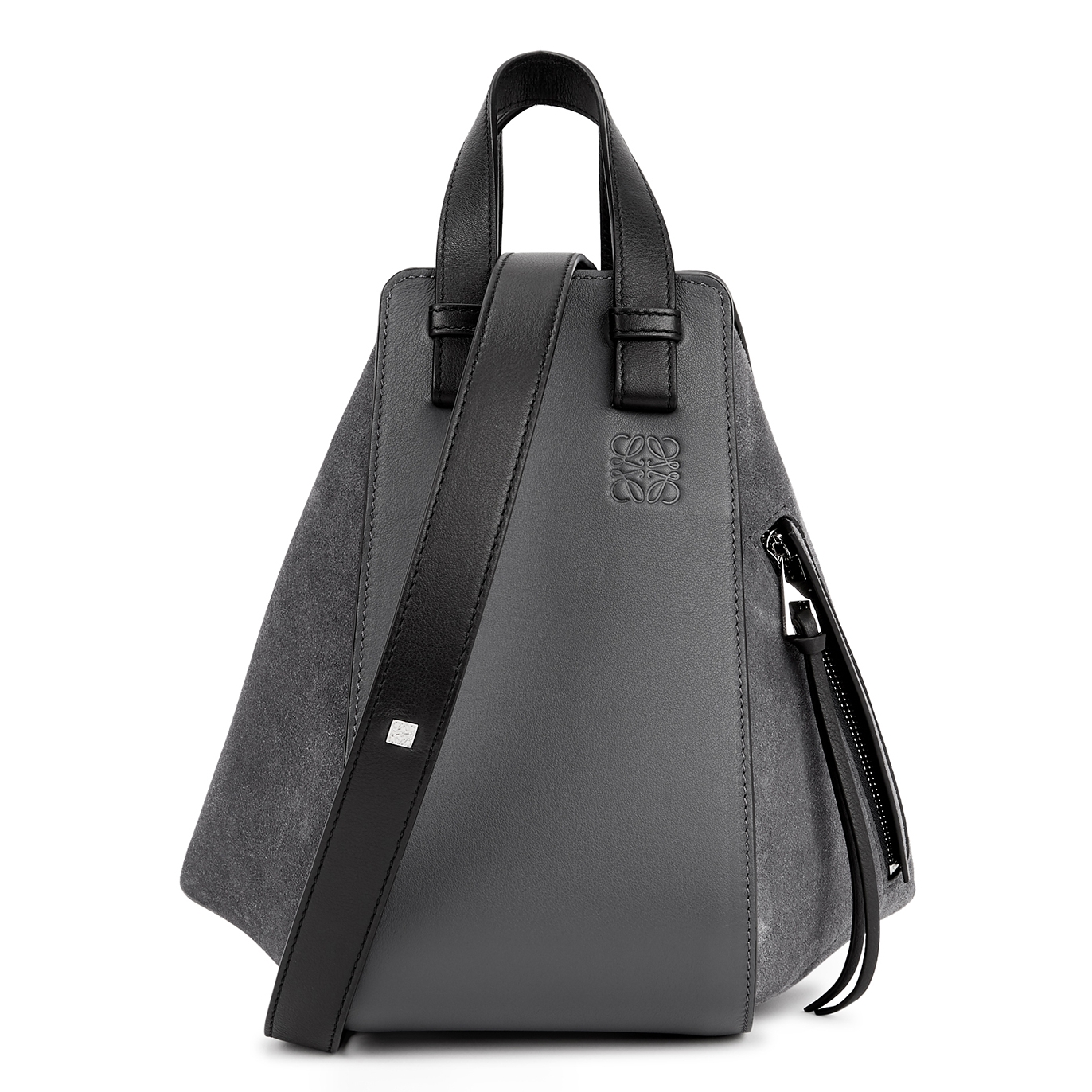I Left the Fashion Industry—This Is How It Changed My Style and My Confidence

Basma Khalifa is a director and film maker who believes in telling stories for under-represented young people, and she is also a journalist and stylist. Here Basma writes about how leaving her role in the fashion industry impacted how she gets dressed and actually helped her to find her confidence.
From my experience, choosing to work in the fashion industry is akin to choosing to join a circus. A lot of performance and bright lights while forgetting the pandemonium of it all. I entered the industry in my early twenties enamoured by the glitz that it seemed to promise, dreaming of being the next big fashion stylist. It was around 2011, the height of Victoria's Secret models. Skinny was in, and no matter which luxury brand you aspired to, the revered combination of straight hair and blue eyes was the epitome of beauty.
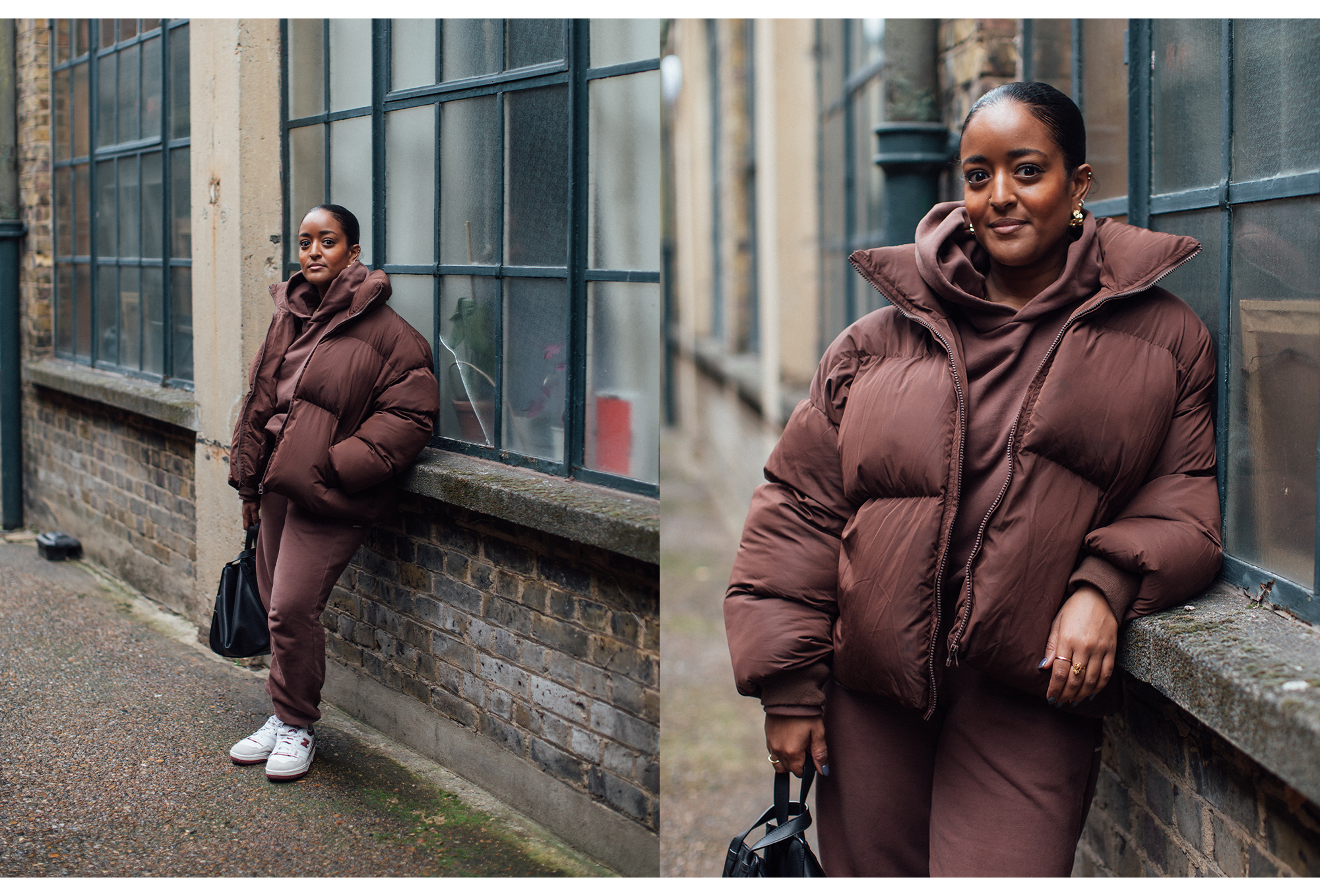
On Basma: Cold Laundry puffer; Pangaia Tracksuit; Loewe Bag; New Balance Trainers
The stark reality for me was that I didn’t fit into the industry mold—in any sense of the concept. An industry entirely based on how you look, I was always slightly overweight and struggled to carry it. Big bum, big boobs and a tiny waist. At the time, Black women weren’t valued and curvy bodies weren’t sexy. I had curly afro hair which I hoped to keep straight, but it adamantly defied my desire. Additionally, I was raised to dress modestly, in line with my Sudanese and Muslim heritage. Nothing to attract a male gaze, nothing too affronting. Everything I encountered felt like a contradiction to the traditional Sudanese garments I was accustomed to: silk material of all colours patterned with glitter glue and sequins, wrapped multiple times around the female body, and accessorised with as much clunky pure gold jewellery a neck, ear or wrist could carry. I was in awe watching my mama and aunties get ready, taking me under their wing. The experience would bring so much joy. I was taught to enjoy it and be innovative with it, and that modesty shouldn’t hold you back. If anything, modesty was seen as a liberation. An opportunity to express yourself without the angst of being body conscious.

During my time as an intern in the infamous fashion cupboard—where all the gems were stored—it was the age before social media, visibility around diversity didn’t exist, magazines dictated "the look”, and all of the confidence I once had quickly fizzled out. I would spend my days bonding in misery with other interns while packing clothes into plastic bags to be returned to their prospective agencies. I learnt the name of every agency in London—if there was ever a pub quiz on agency addresses I am pretty sure I would win the top prize. I soon reached the next step of being a fashion assistant, and had I known that it was going to be my last promotion in the fashion world I might have enjoyed it more, but I was too consumed with comparing myself to the rich girls I worked alongside. I would smile politely during every conversation surrounding wealthy fathers buying daughters Prada shoes and financing short trips to the South of France for the weekend. Meanwhile, my industry conditioning turned into more worrying actions: I had hair straighteners hidden in my drawer and I often lied about my parents living in Scotland because I felt it was received with disgust.
Anecdotal as it may be, I remember being on set once—4 AM on the beaches of Miami with a famous model. A swimwear shoot, the photographer wanted to catch the early sunrise which meant as the assistant, I had to have my five suitcases of bikinis—yes, five—hung, steamed and ready to go for 3.30 AM. Assisting a Fashion Editor at that time was a largely thankless job; in essence, you’re looking at a fluffy kind of manual labour with the promise of your name in the credits list once the shoot is published as payment. I was helping the model change and then inevitably, the conversation of body types began. The team’s discussion varied from why pregnancy ruins your body to why big bums are disgusting; this was of course before the world found out what Black women always knew: big bums are beautiful too. They then looked at me, suddenly realising I was everything they were convinced was wrong with the female figure. With a small ounce of embarrassment, I received their pity words: "It’s okay that you’re curvy”. I’ll never forget it, because all I could think was, "Well, I’m okay with it, but are you?”.
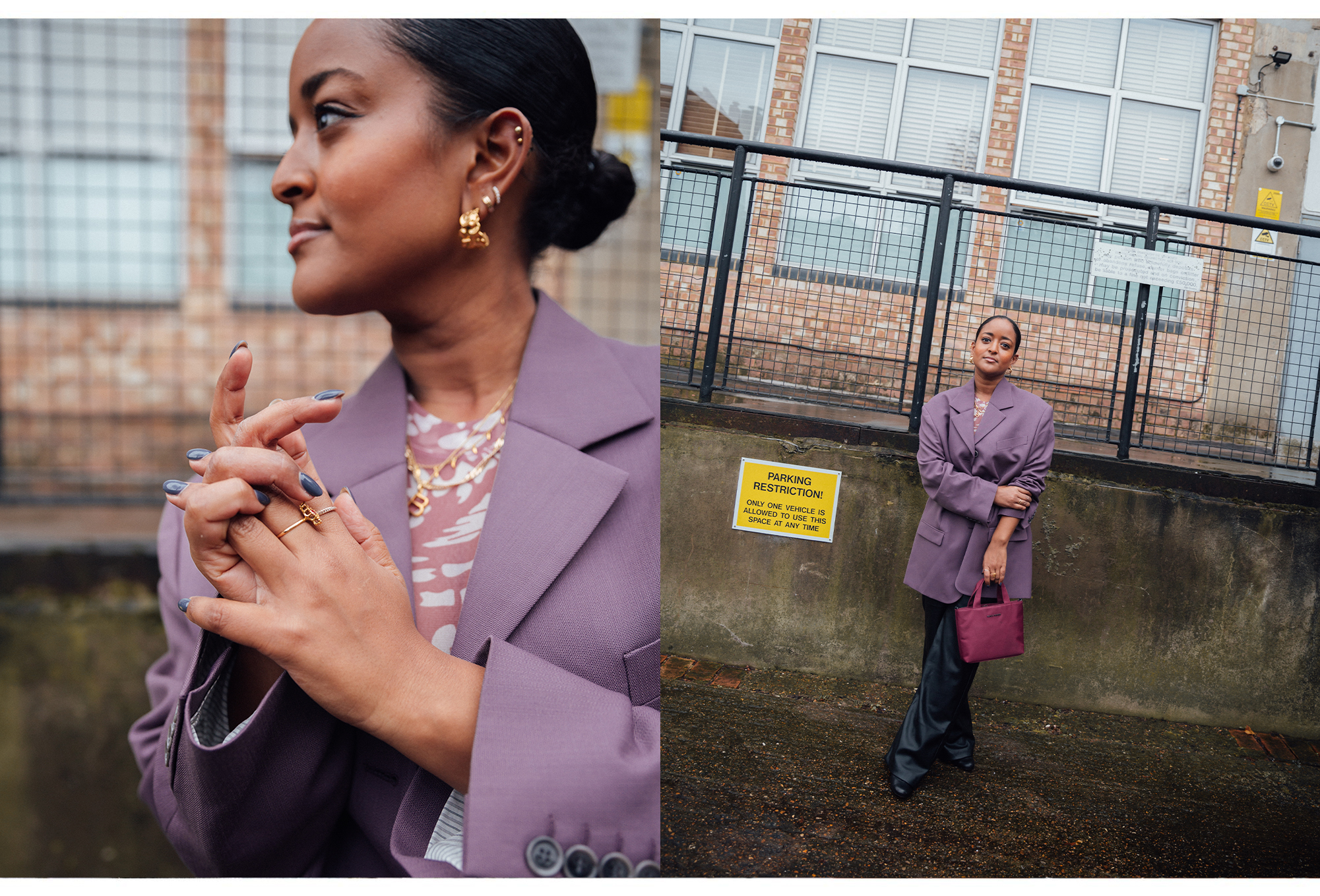
On Basma: Acne Blazer; Skims Bodysuit; Mango Trousers; Louboutin Boots; Daily Paper bag; JW Anderson Earrings; Missoma Necklace; Vashi Ring and grandmother's ring.
When I first entered the industry I desperately wanted to squeeze into what all the other, thinner editors around me wore. But I soon learnt the hard way; strapless tops—one quick movement and it would unravel, or rigid denim—bend over and I could feel a button pop. I cinched and pulled and cropped, but nothing worked, and I felt defeated by the industry I so wanted to be part of. Despite the industry finally embarking upon a wave of social change and an appreciation for bigger bodies, I had already decided to exit. It felt too late for the opportunities I had longed for, and I could never quite understand why it was harder to progress up the career ladder than my peers. Instead, I pivoted towards a career in filmmaking, not at random but because where the fashion industry didn’t give me room to express myself, this genre would. I wanted to tell stories, talk openly about topics close to my heart and with all different types of people. Subconsciously, I wanted to create a world where women like me could proudly be seen and heard.
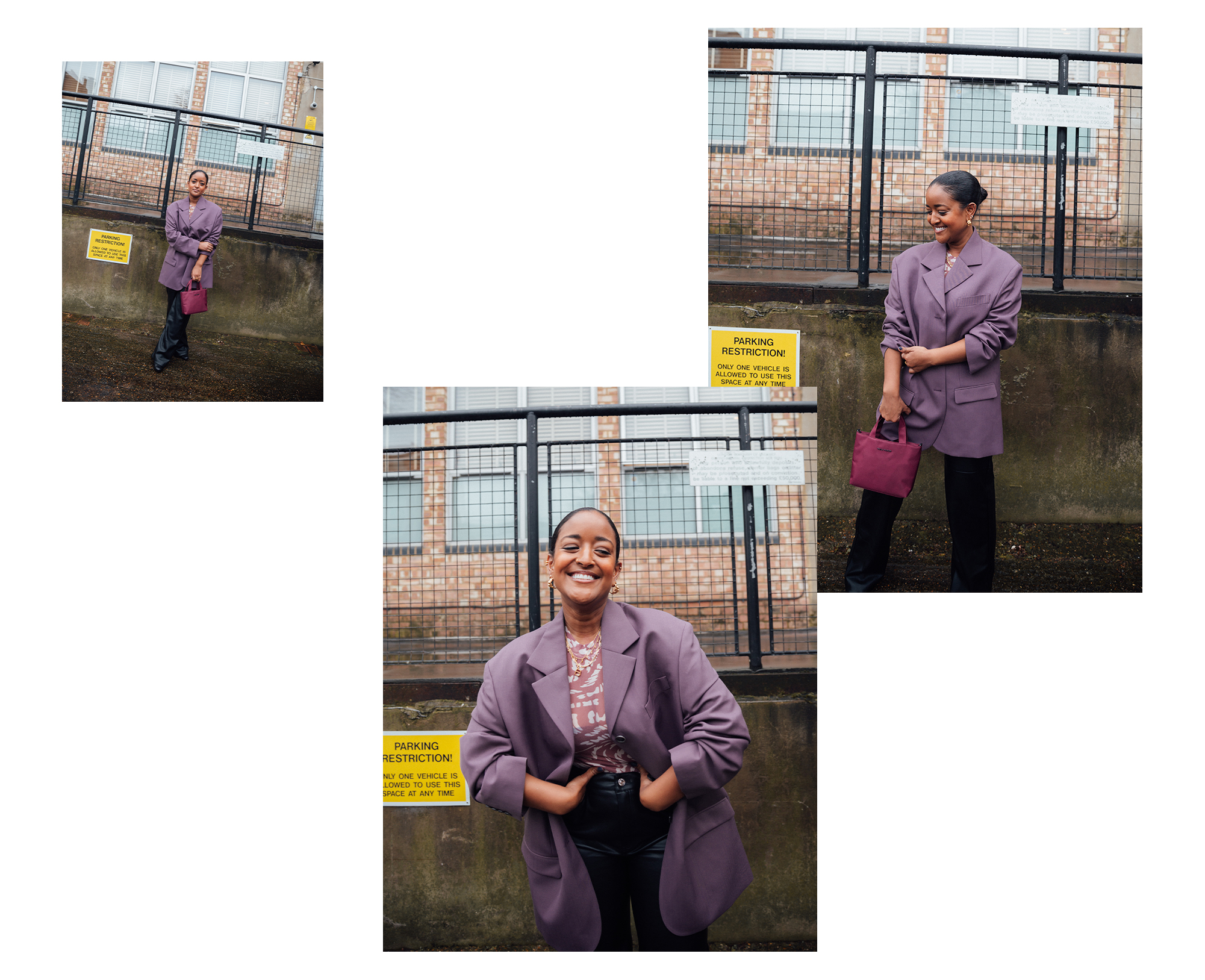
With a change of career, so too did the way I looked at myself. It began by learning about my hair and how it could be shaped rather than wrestled against—it’s something I’m still learning to this day, but not everything is a fast fix or a linear process. I learnt that having a small waist meant I needed to invest in high-waisted items, like a pair of Levi ribcage jeans. Accepting that I had wide feet, I could come to terms with the fact that not every shoe style was my friend and that it was still "cool” to wear trainers with everything. I loved learning about myself so freely and with such pragmatism, having the chance to experiment without judgement. Fashion finally became my ally, and I realised—as I had suspected all along—that fashion could be for everyone. I wasn’t actually an ugly duckling, I just had to find my way, and the status quo of an old-fashion workplace two decades ago could never have provided the environment for me to do so.
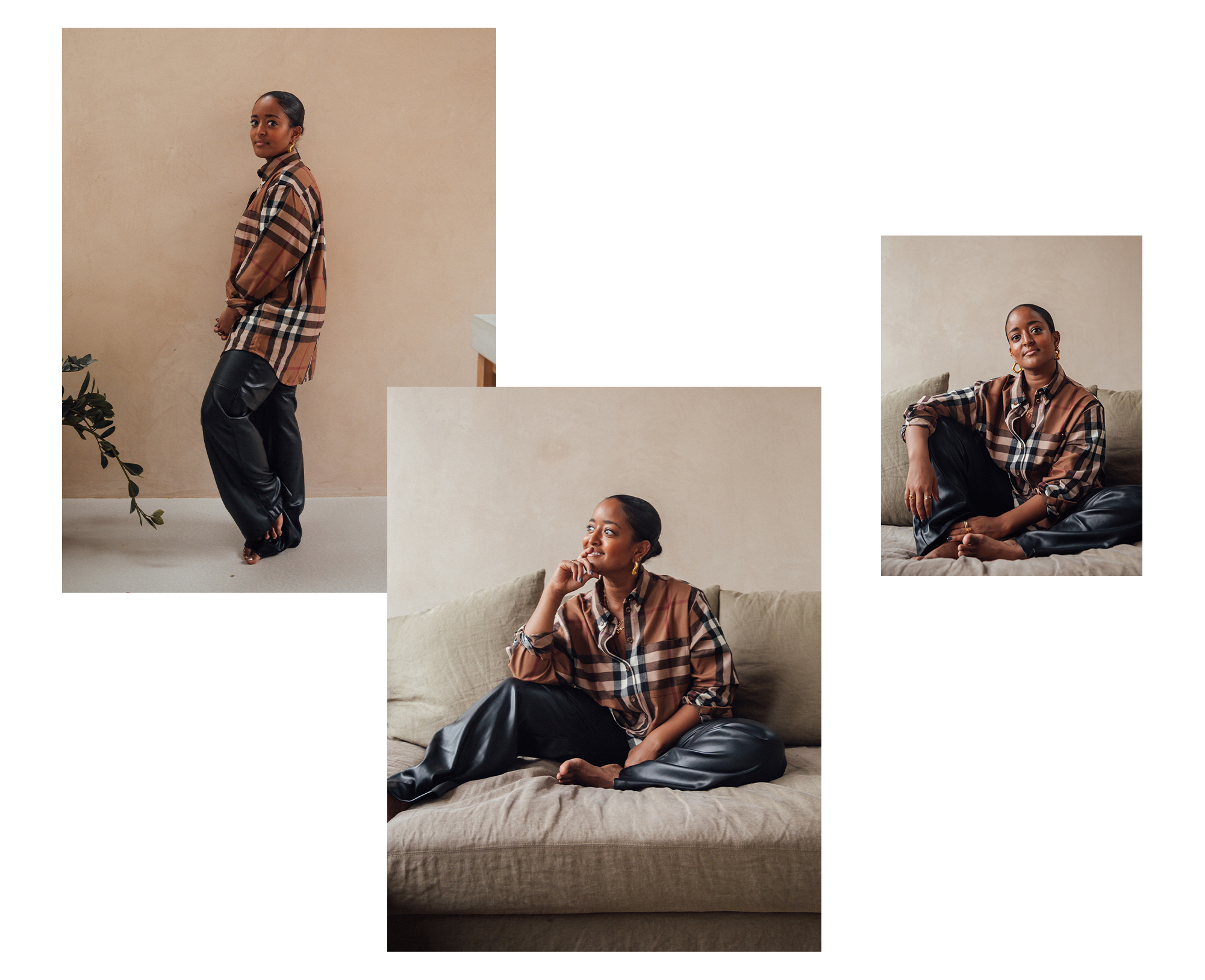
On Basma: Burberry Shirt; Mango Trousers; Oma the Label Earrings; Missoma Rings.
A friend said to me recently, "I think you’ve really nailed your style”. I felt like I had won the lottery when her words so easily fell from her lips. What she didn’t know was that I had finally nailed my confidence. The confidence to express myself through clothes I had often thought weren’t for me. I found myself and though I was and still am part of another industry that prides itself on confidence, perhaps my biggest lesson learnt is that confidence has to be found from within rather than from someone, or something, else.
